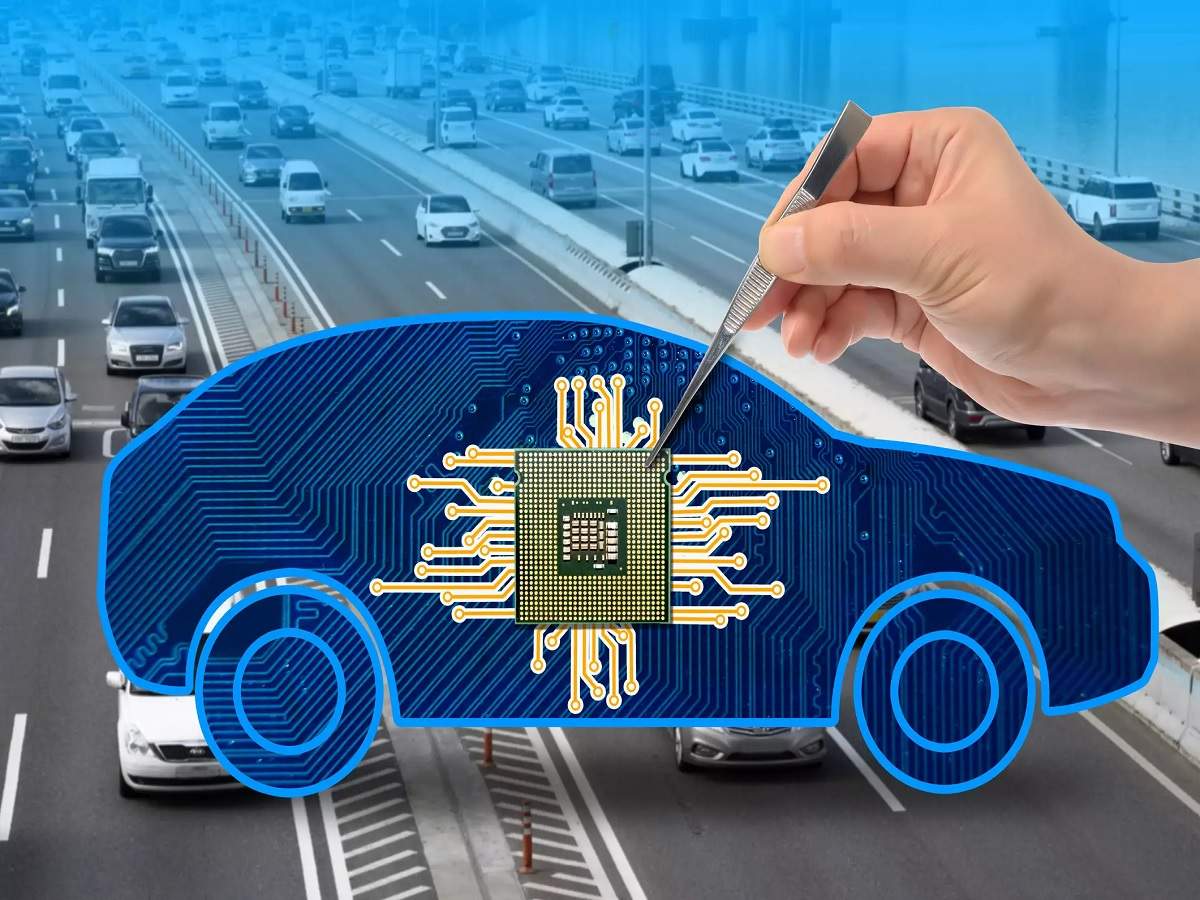
Diplomacy has moved into top gear as the chips are down – more literally than you think – in India’s Motown.
New Delhi has reached out to Berlin, Washington, Tokyo and Taipei through diplomatic channels, urging them to prioritise the supply of semiconductors to the region so that plants in Manesar, Pune, or Chennai continue to roll out the best in the busiest season for cars.
The Ministry of External Affairs (MEA) stepped in to address the crisis, after a representation from the country’s leading vehicle and engine manufacturers through the Society of Indian Automobile Manufacturers (SIAM). Production schedules of several automakers have been affected due to limited availability of semiconductors for their Tier-I and Tier-II suppliers.
“Any disruptions in supply chain at this juncture, due to shortages of semiconductors, when there is a revival in demand in some of the vehicle segments after prolonged de-growth is only hurting the industry as assembly lines are not functioning at optimum capacity,”, SIAM said in its letter to MEA.
Semi-conductors are required in several critical safety and emission control applications in an automobile including electronic control unit (ECU), anti-lock braking system (ABS), electronic brakes system (EBS), infotainment systems, passive keyless entry modules and sensors. Indian automotive industry procures semiconductor components/assemblies from several suppliers globally – primarily Germany, the US, Japan and Taiwan.
Industry estimates suggest passenger vehicle makers alone may lose production of 80,000-100,000 units in the quarter due to a shortage of semiconductors. Market leader Maruti Suzuki itself is set to lose 11,000 -12,000 units, translating into a revenue loss of Rs 500-700 crore, through August due to limited production of high-margin models Baleno, Swift and Dzire.
The supply constraint has also affected production of two-wheelers equipped with anti-lock braking systems (ABS), a senior industry executive told ET.
With OEM-level negotiations an ongoing challenge, industry stakeholders said that supply talks through diplomatic channels can be a potential way out for the industry.
Automobile associations have moved the MEA to raise with various source countries the issue of semiconductor/chip supplies. There is a global shortage of semiconductors, and the slowdown of imports from China has also hit hard. The Department of Heavy Industries (DHI) has also been involved in the process to help source components from overseas, sources in the MEA told ET.
“These are commercial deals (for supply of semiconductors). We understand allocations cannot be increased overnight,” said a top industry executive. “The industry had made a representation before the MEA to urge suppliers overseas to prioritise supplies to the region. The crisis could have worsened if the MEA had not acted on it.”
SIAM had requested the MEA to highlight the shortages through Indian embassies in Germany, the US, Japan and Taiwan so that global suppliers in these countries allocate adequate volumes to Indian automakers.
Several countries, including the US, have been lobbying with chip manufacturing nations Korea and Taiwan to help meet increasing demand from automakers globally.
“Globally, governments have approached countries manufacturing semiconductors to allocate more to their regions. As an industry, we are taking all measures to ensure that there is some visibility in getting semiconductors. OEMs, Tier-I suppliers we are almost planning on a daily basis,” said Deepak Jain, president at Automotive Component Manufacturers Association (ACMA). “But there is also a need for some geopolitical intervention, because eventually in the world the capacity for semi-conductors is so limited.”














